Search results for '10'
-
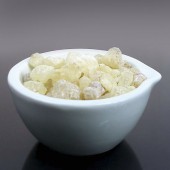
Gum Damar
Starting at: £10.00
-
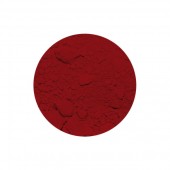
Cadmium Red Deep Pigment
Starting at: £15.00
-

Cornelissen Virtual Gift Voucher
£25.00 -
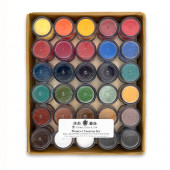
Cornelissen Pigment Set of 30 Colours
£130.00 -
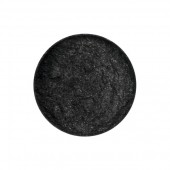
Graphite Powder (Sri Lanka)
Starting at: £5.50
-
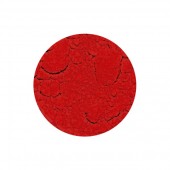
Cadmium Vermilion Pigment
Starting at: £7.50
-
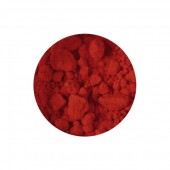
Cadmium Red Pigment
Starting at: £8.40
-
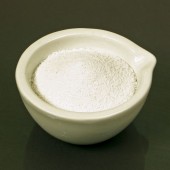
Marble Dust
Starting at: £4.70
-
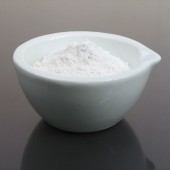
Plaster of Paris
Starting at: £5.50
-
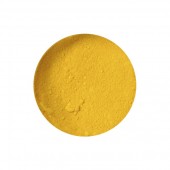
Cadmium Yellow Light Pigment
Starting at: £6.20
-
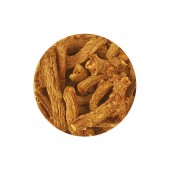
Madder Root Pieces
Starting at: £27.80
-
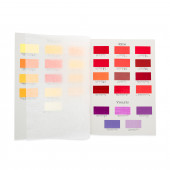
Cornelissen Pigment Colour Chart
£40.00 -
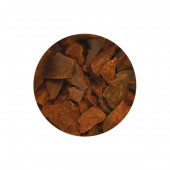
Gamboge Pipe Pieces
Starting at: £22.00
Call to Order
-
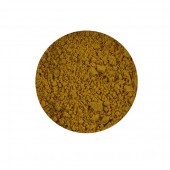
Stil de Grain
Starting at: £12.20
-
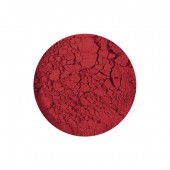
Quinacridone Red Pigment
Starting at: £5.50
-
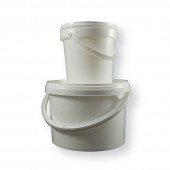
Plastic Paint Tubs
Starting at: £4.60
-
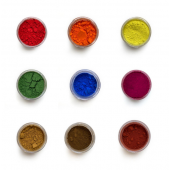
Small, 15ml Pigment sizes
Starting at: £4.00
-
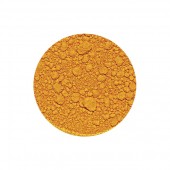
Cadmium Yellow Deep Pigment
Starting at: £7.40
-
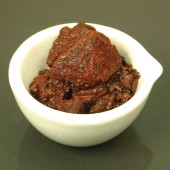
Dragon's Blood Pieces
Starting at: £25.40
-
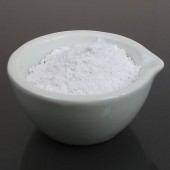
Precipitate Chalk
Starting at: £6.30
-
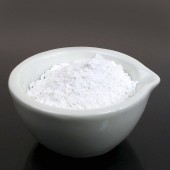
Gesso di Bologna
Starting at: £12.00
-
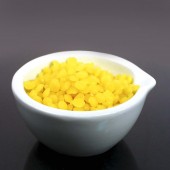
Natural Beeswax
Starting at: £11.20
-
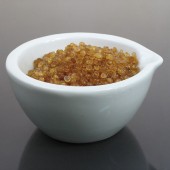
Pearl Glue
Starting at: £6.50
-
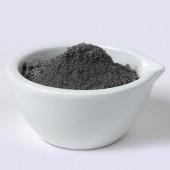
Rottenstone Grey
Starting at: £7.00
-
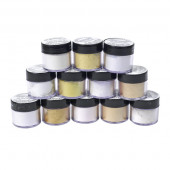
Pearl Lustre Pigments 1 kg
Starting at: £94.00
Call to Order
-

Dragon's Blood Powder
Starting at: £28.10
-
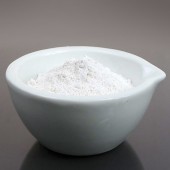
French Chalk
Starting at: £5.50
-
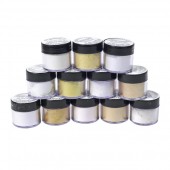
Pearl Lustre Pigments 7g
Starting at: £4.70
-

Bleached Beeswax
Starting at: £12.30
-
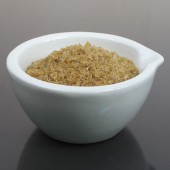
Rabbit Skin Glue
Starting at: £13.00




